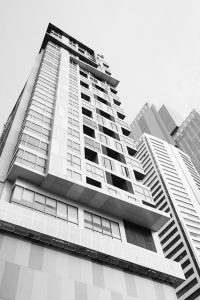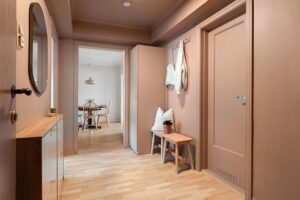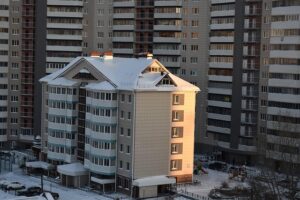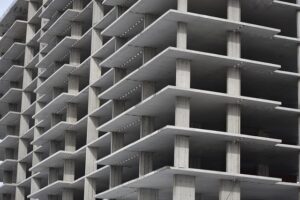Executive vs. HDB Resale: Pricing and Eligibility Dynamics
Executive Condos (ECs) and HDB resale flats are two distinct segments within Singapore's property market, each with its own set of factors influencing their resale prices. ECs cater to younger couples with specific income ceilings, offering a pathway from…….

Executive Condos (ECs) and HDB resale flats are two distinct segments within Singapore's property market, each with its own set of factors influencing their resale prices. ECs cater to younger couples with specific income ceilings, offering a pathway from public to semi-private housing. Their prices reflect the initial government subsidy, eligibility criteria, and subsequent market forces at resale, often fetching a higher price due to their amenities and status as semi-private homes. HDB resale prices are determined by the Housing & Development Board's policies, considering factors like flat age, location, type, and current housing market trends. The HDB emphasizes affordability and accessibility for a wide range of Singaporeans, which affects pricing. Market sentiment, inflation rates, and overall economic health also play a role in shaping these prices. When considering an investment between EC resale and HDB resale, it's crucial to understand the specific eligibility requirements set by the CPF Board and HDB for ECs, including income caps and personal savings thresholds. HDB resales offer more flexibility with less stringent financial conditions. The choice between an EC and an HDB flat involves weighing factors like location, unit size, property age, market demand, and individual lifestyle preferences against the cost implications and future objectives. Prospective buyers must carefully evaluate their financial situation in light of Executive Condo Resale Eligibility and the unique advantages each housing type presents to make an informed decision.
Exploring the real estate landscape in Singapore, discerning investors and homebuyers often ponder over the pricing dichotomy between Executive Condos (ECs) and Housing & Development Board (HDB) flats. This article delves into the nuanced dynamics of EC resale prices versus HDB resale pricing, offering a comparative analysis that will inform your property decisions. We’ll navigate through the factors influencing EC resale eligibility and costs, providing clarity on how these options differ in the market. Join us as we unravel the financial considerations and market trends shaping the choices between an Executive Condo and an HDB flat for your next home.
- Understanding the Market Dynamics of Executive Condo Resale Prices vs HDB Resale Pricing
- Factors Influencing Executive Condo Resale Eligibility and Cost Compared to HDB Options
Understanding the Market Dynamics of Executive Condo Resale Prices vs HDB Resale Pricing
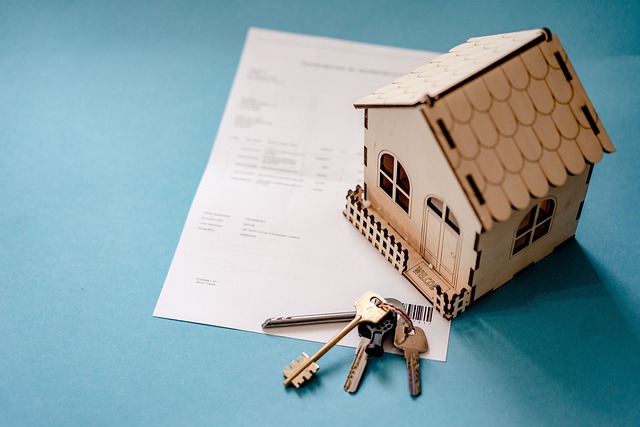
In Singapore’s dynamic property landscape, the resale prices of Executive Condos (ECs) and HDB flats offer insightful reflections of market dynamics and buyer preferences. The resale price trend of ECs is influenced by several factors including their unique eligibility criteria, which cater to younger couples who may not yet meet the income ceilings for private housing but are looking for a step up from public housing. These criteria differentiate ECs from HDB resales, where eligibility is primarily based on public housing policies. The resale market for ECs typically reflects a balance between the initial subsidy provided by the government at the point of purchase and the subsequent market forces at resale. As such, EC resale prices can respond differently to economic shifts compared to HDB resales, often reflecting a premium due to their semi-private status and amenities.
In contrast, HDB resale prices are guided by the Housing & Development Board’s (HDB) policies and the broader economic climate. Factors such as the age of the flat, location, flat type, and the state of the housing market all play a role in determining HDB resale prices. The HDB aims to ensure affordability and accessibility for a wide range of Singaporeans, which influences the pricing of its resales. Market sentiment, inflation rates, and overall economic health can also impact HDB resale prices, albeit in a different manner than ECs due to the latter’s eligibility and market positioning. Prospective buyers looking into EC resale eligibility must consider these market dynamics to make informed decisions that align with their long-term financial planning. Understanding the nuances of each market is crucial for anyone considering an investment in these properties, as the resale value will significantly affect the total cost of ownership and potential return on investment.
Factors Influencing Executive Condo Resale Eligibility and Cost Compared to HDB Options
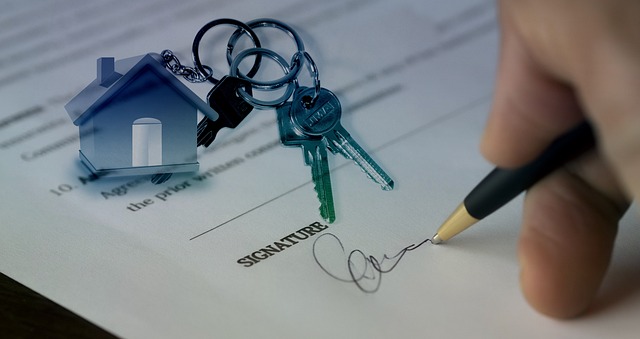
When considering the purchase of an Executive Condominium (EC) resale as opposed to a Housing & Development Board (HDB) flat, potential buyers must weigh various factors that influence both eligibility and cost. EC resale eligibility is governed by specific criteria set forth by the CPF Board and Housing & Development Board (HDB). Prospective buyers must meet the minimum occupancy period for the EC unit if previously owned, or fulfill the criteria of being second-time flat owners. Additionally, applicants’ combined monthly income cannot exceed SGD14,000, and they must have a minimum of SGD15,000 in savings to be eligible. On the other hand, HDB flats are more accessible with fewer financial restrictions. The cost comparison between ECs and HDB resale flats also depends on factors such as location, size, age of the property, and market demand. Typically, ECs may offer larger living spaces and amenities comparable to private condominiums at a more affordable price point than non-landed private properties. However, they are still subject to the resale price ceiling set by the HDB, which aims to maintain affordability for buyers. The price disparity can be substantial, with ECs often costing more than newer HDB flats but less than private condominiums in similar locales. Prospective homeowners must consider their financial situation, desired lifestyle, and long-term goals when making this important decision.
In conclusion, the comparison between Executive Condo (EC) resale prices and HDB resale pricing reveals distinct market dynamics influenced by a variety of factors. EC resale eligibility criteria set a clear path for potential buyers to navigate, with considerations such as income ceilings and ownership restrictions playing a significant role in the decision-making process. The analysis indicates that while ECs offer a middle ground between public housing and private property, they often come at a premium compared to HDB resale flats. Prospective homeowners must weigh the benefits of living in an EC, which includes larger living spaces and often more mature estates, against the higher costs involved. As the property landscape evolves, it is clear that understanding the nuances of EC resale eligibility and the associated costs remains crucial for informed decision-making in Singapore’s residential real estate market.

